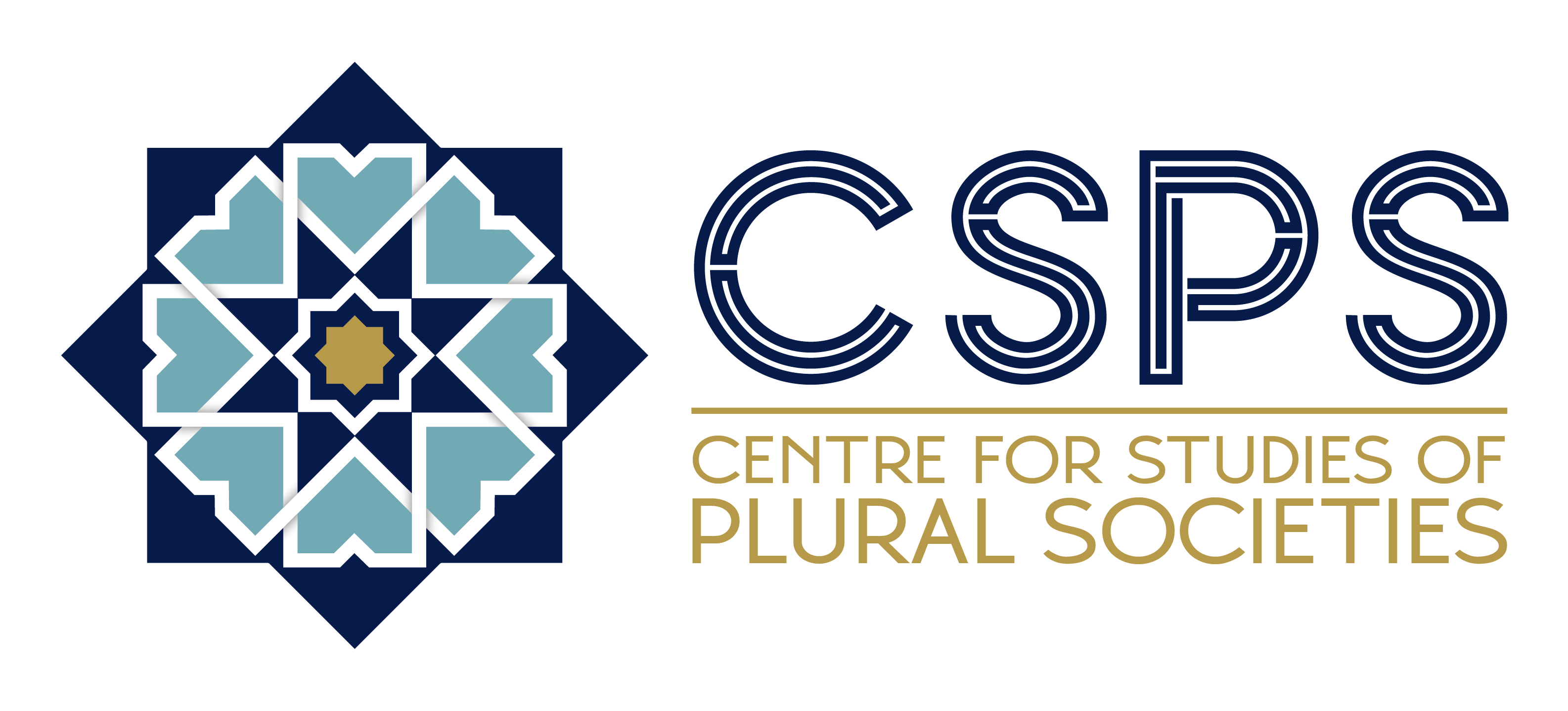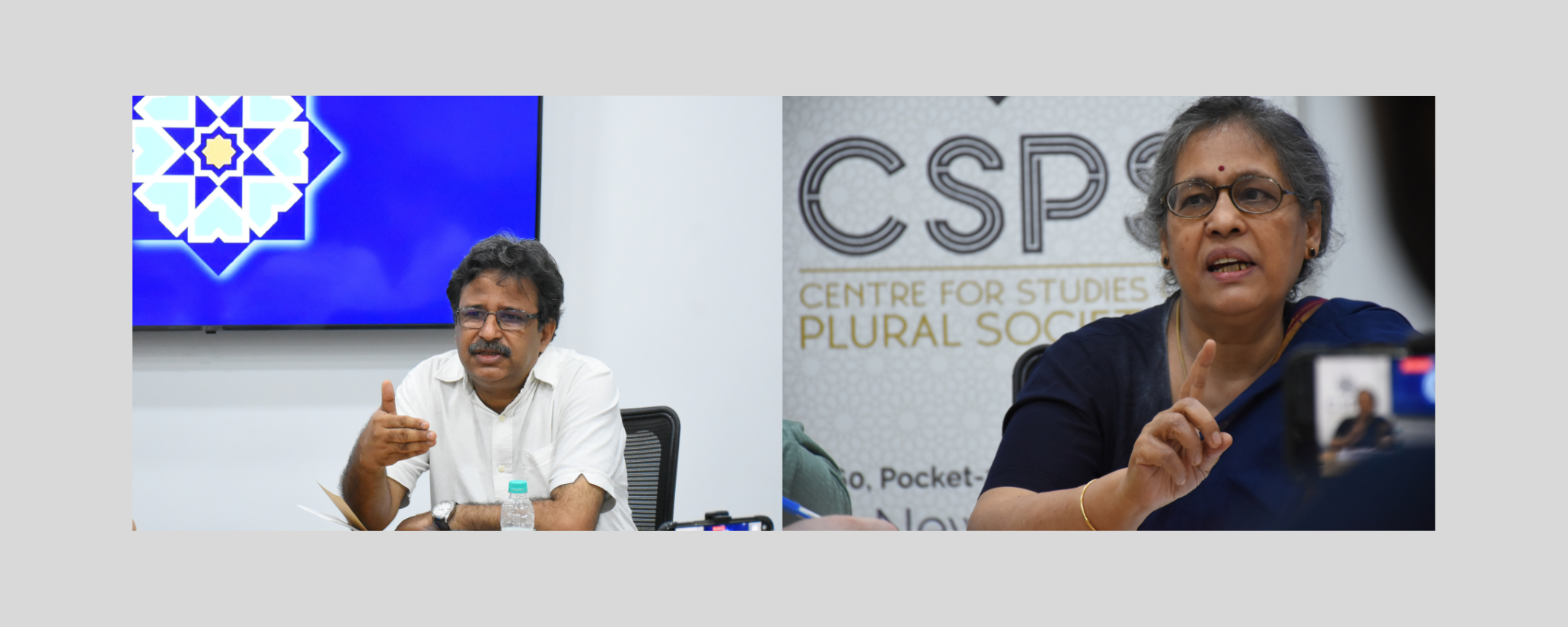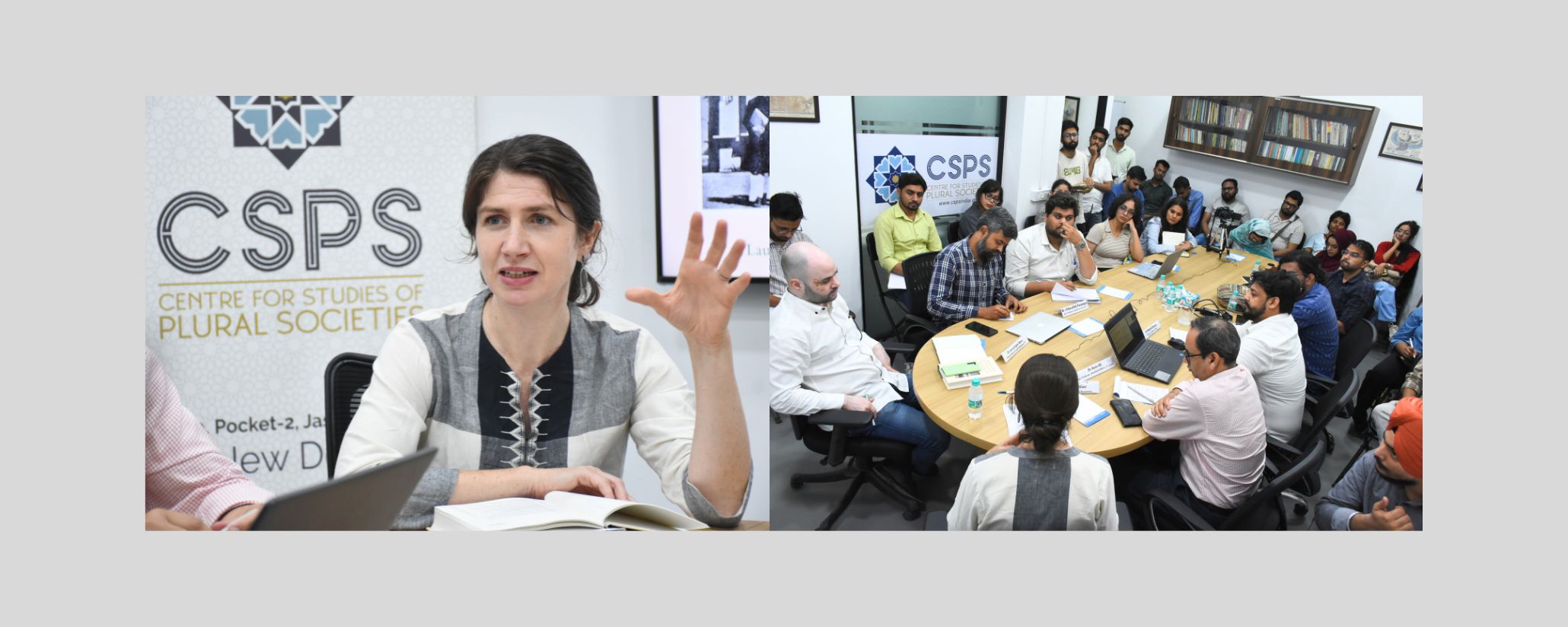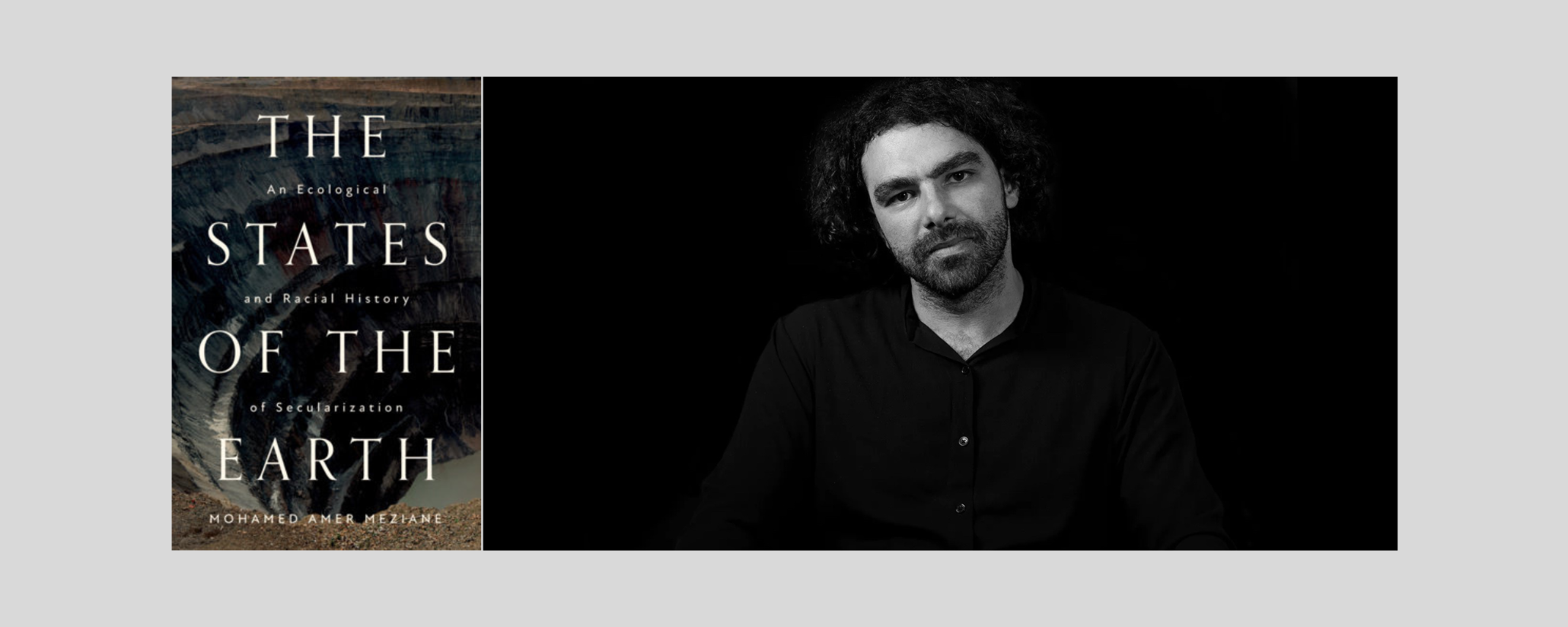Author: Prof. Zoya Hasan is a Professor Emerita at Jawaharlal Nehru University and formerly a professor of political science and Dean of Social Sciences at Jawaharlal Nehru University. She is a former member of the National Commission for minorities. Her work focuses on the state, political parties, ethnicity, gender and minorities in India.
Chair: Dr. Ajay Gudavarthy is an associate professor at the Center for Political Studies at Jawaharlal Nehru University. He is also a political theorist, analyst, and columnist. His works include Secular Sectarianism: Limits of Subaltern Politics, Re-framing Democracy and Agency in India: Interrogating Political Society, Maoism, Democracy and Globalisation: Cross-currents in Indian Politics.
Prof. Zoya Hasan commenced the discussion by focusing on the central themes and arguments the book offers. She stated that the book has attempted to examine the profound changes in Indian politics over the last decade. It also assesses its impact on the Indian National Congress, which according to the author, is most evident in changing the fortunes of the Congress party, which suffered two major defeats in the 2014 and 2019 elections, bringing the party’s crisis to the front and centre of public debate.
She further elaborated that the book seeks to understand the reasons for these enormous changes by looking at the underlying conditions that led to the decline of Congress and the external and internal challenges confronting Congress while estimating its impact on Indian politics and Congress. She emphasised that the book looks at how ideological debates provoked by the rise of majoritarianism, the Gujarat model, hyper-nationalism, the secular retreat, and the curbs and restrictions on the opposition influenced Congress. The ideological shifts and organisational limits that shaped the decline of the Congress make a compelling case for understanding the political transformation underway in India. She stressed that although the book mainly focuses on the Congress party, it simultaneously resonates with the experiences of centrist and centre-left parties in other countries because they have also suffered significant setbacks from the emergence of right-wing populist nationalism in the past few years. She further stated that the past decade’s political change analysis in India affords insights into the processes of transformation and polarisation that grounded the Congress party and centrist parties in other countries.
The book focuses on political development between 2009 and 2019 to understand how and why one of the oldest political formations lost its place in political imagination. Congress surprised everyone with its 2004 victory, which was repeated in 2009, as an opportunity for Congress to play a more substantial role. Prof. Hasan talked about the external factors that did not let the United Progressive Alliance (UPA) maintain its hold; the external factors also interacted with the internal factors. By 2011 Congress was already on the fence and the anti-corruption movement spearheaded by India against corruption backed by RSS successfully put Congress at the end of the road.
Prof. Hasan argued that the corporate sector shifted towards the BJP and the media played a crucial part in this process of discrediting Congress and propagating the Gujarat model as an example of business and growth. The prominent corporate leaders openly preferred the BJP prime ministerial candidate in the 2014 election. She further stated that since 2014 Congress had faced the worst and unprecedented crisis that fundamentally questioned the party’s survival. She stated three main challenges in this political conjecture defined by the ‘great moving right show’ and its polarisation and divisions. Congress must agree to elect a leader. It must agree on a leader capable of keeping the party united. It must project a clear ideological alternative to the BJP.
The congress decline is mostly analysed in the public domain and academically based on internal issues. The inaptitude of individual leaders and the party organisation has been discussed as important factors for the party’s deterioration. However, Prof. Hasan focuses on the erosion of centrism as political philosophy as the more significant phenomenon interacting with internal factors. She attributed the vanishing of a particular conception of politics as the driving force behind the crisis in Congress. She strongly suggested that as much caste matters in politics, so does religion and the politics encompassing it, especially in regions where BJP has a strong foothold.
Prof. Hasan then further elaborated on the 1990s and stated that a shift was marked from a state-regulated economy to a market-based model of growth. Further emergence of new local level elites of lower caste and class emerged from affirmative action policies that sought greater power and representation, which the party found challenging to accommodate. She stated that the consequences of the economic liberalisation of 1991 resulted in economic growth, which further fuelled aspirations, particularly amongst the new middle classes, which the polity found difficult to satisfy. She proceeded to discuss the implications of the earlier ‘elite’ consensus around ‘the templates of a secular civic identity and the deepening of an ethnic, majoritarian worldview’, specifically after the Ram Janambhoomi movement, which resulted in the consolidation of the Hindu Right and a new common sense about culture, identity and belonging’. She bemoaned that this monumentally challenged ‘the pluralist foundation of the political system by shifting the discourse towards identity politics’, further diminishing the appeal of centrist, catch-all formations.
Dr. Ajay Gudavarthy commented about the not-so-apparent connection between the failures of Congress and the success of the BJP. The economic reforms resulting in the upliftment of a large section of the poor population during the Congress era remain a vulnerable section who are only a step away from falling back to poverty. Given that significant setbacks were seen in this section due to demonetisation and Covid-19 in the BJP era, Dr. Gudavarthy posed an intriguing query to Dr Hasan, why do these groups not seem to put their faith back in Congress? He appealed to suggest a model that goes beyond ideological and cultural explanation.
Prof. Hasan summed up the discussion by pointing out that the decline of the Congress party must be read together with the tremendous growth of its ‘ideological other’, the BJP. She highlighted that the BJP and its related organisations of all shapes have deepened their control on the social imagination’ and created a new consensus for ethnic and civilisational views rooted in Hindutva. By taking advantage of Congress’s multifaceted structural and ideological weaknesses and deploying the ‘official machinery’ to target the opposition coupled with the deep involvement of other social segments to contest the ideological formulations favoured by the centre-left.
The report is prepared by Nafis Haider, a Research Intern at CSPS



